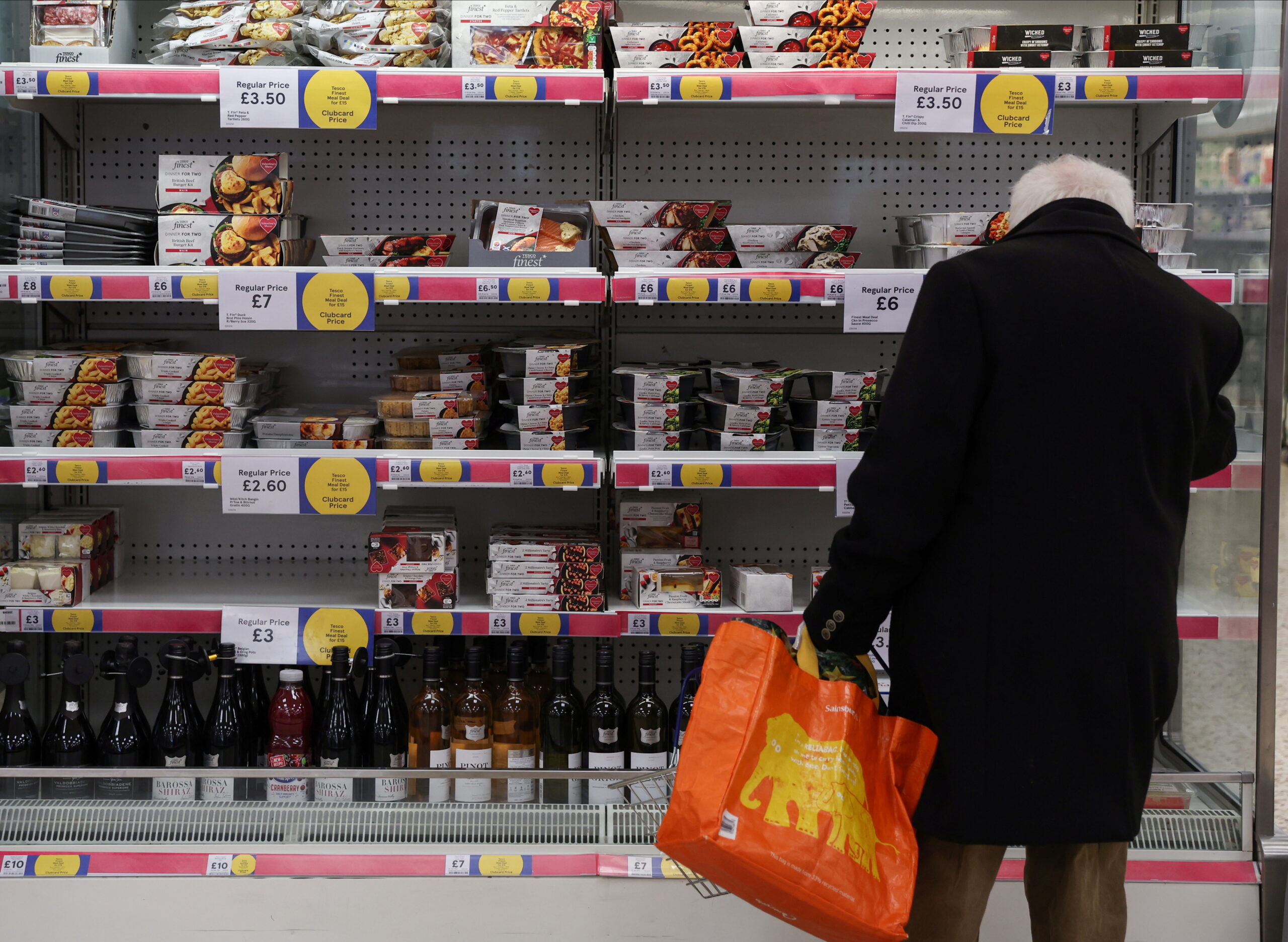US Cities Have Bold Plans to Lower Food Prices. Why Doesn’t Britain?
A desert of ideas.
by James Meadway
7 July 2025

On both sides of the Atlantic, food prices are pushing up inflation. In the US, food prices are rising rapidly as a combination of bird flu and extreme weather upends supply chains. Having campaigned hard on the cost of living crisis – his vice presidential pick JD Vance waved egg cartons on the campaign trail – Donald Trump now faces rising domestic discontent on precisely this issue. In Britain, food prices rose at their fastest rate for 15 months in May, whilst across Europe, the soaring costs of the most basic items are provoking backlash. The Balkans have been particularly hard hit, with staples in Croatia now costing more than in Germany, even with typical wages less than half the German level. In Bulgaria, boycotts against supermarket profiteering have slashed turnover by 30% at the bigger stores. The cause of this surge in food prices is twofold.
The first is finally starting to get some attention: climate change and the nature crisis are squashing food supplies. In the last two years, extreme weather has hit growers across the world. Chocolate prices have hit an all-time high this year, driven by extreme weather in west Africa. After decades of relatively continuous improvements in farm productivity and expanding output, our globalised agricultural system is starting to hit a limit. And some sunnier projections about the long-run positive impacts of climate change – making some places, like parts of East Anglia, now able to support commercial wine production or even olive farming – are being outweighed by the negative impact of extreme weather volatility.
The second is big agriculture profiteering. Shortages and disruptions have created opportunities for corporations to exercise their market power and push up the prices of goods. And as a result, the world’s four largest agribusinesses, which between them control 70-90% of the world’s grain trade, have been making record profits. Oxfam estimates that 62 new “food billionaires” were created globally in the past years to May 2022. Our cost-of-living crisis is their profit bonanza.
Incredibly, the UK government’s response to this has been to push through real-terms cuts in funding for the Department for Food, Environment and Rural Affairs. Hard-pressed farmers look to lose £100m in government support over the next year. With the driest May for five decades already disrupting harvests, a long, hot summer is searing a path towards an autumn of discontent that Labour is ill-equipped to deal with. Meanwhile, the Department for Business and Trade has thrown consumers a minuscule bone by temporarily suspending tariffs on 89 products, including several everyday food items – but consumers have hardly felt the benefits.
There are solutions to all this, but they require confronting both the environmental crisis and those profiting from it. Democratic socialist Zohran Mamdani, whose barnstorming election campaign has placed him within a whisker of becoming mayor of New York, has made the cost of living a centrepiece of his programme. His proposal for a pilot scheme of low-cost, publicly owned food stores across the city represents a clean and workable solution to the worsening problem of food availability, quality and affordability in major urban areas. By stripping out the costs of the private sector, municipal grocery stores can operate in “food deserts” that corporations find unprofitable, and offer consistently lower prices than increasingly monopolised commercial alternatives. US cities from Chicago to St Paul, Kansas, are already running or looking to open council-owned and -operated food stores within the next year.
We need this sort of thinking across the food chain. The systems of food provision developed over the last 40 years were built for an environmentally stable world with functional, globalised food markets. Climate change and geopolitical instability have ended that.
New models for farmer security are needed, both for farmers and for the rest of us. The basic income for farmers campaign is campaigning for one facet of that. It would also make sense to start to dismantle supermarkets’ monopoly over smaller farmers, bringing buying and logistics under government control, and guaranteeing prices for both producers and consumers.
Local authorities, meanwhile, should support the smaller-scale food-growing we’ve started to see across the country, including in urban areas. Keir Milburn, Kai Heron and Bertie Russell have proposed expanding council farms, farmland owned and leased by local authorities that already cover 198,000 acres (it was 427,000 in 1977). The authors suggest using this public asset as the foundation for a reimagined food system whilst creating jobs in long-neglected rural areas.
Urban and rural face a common problem – the environmental crisis – and a common enemy – modern capitalism. As the crises worsen, we should be searching for demands that can tie the two together. As always, unity is strength.
James Meadway is an economist.


